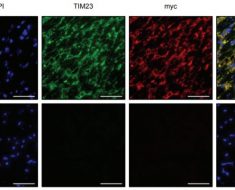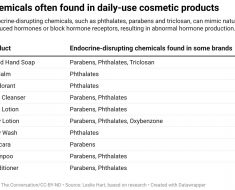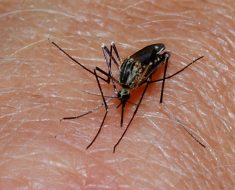(Reuters) – The following is a summary of some recent studies on COVID-19. They include research that warrants further study to corroborate the findings and that has yet to be certified by peer review.
Experimental Lilly drug neutralizes Omicron in test tubes
An experimental monoclonal antibody treatment from Eli Lilly & Co is effective against all known variants of the coronavirus, including Omicron, researchers have found.
The drug, known as LY-CoV1404 or bebtelovimab, “potently” neutralized engineered versions of numerous variants, including Alpha, Beta, Delta, Epsilon, Gamma, Iota, and Omicron, in test tube experiments, the researchers reported on Friday on bioRxiv ahead of peer review. They noted that an experimental antibody drug from GlaxoSmithKline and Vir Biotechnology called sotrovimab also neutralizes Delta and Omicron, but said that bebtelovimab “is equally effective in viral neutralization against all tested variants and is several-fold more potent.” That could potentially allow for lower doses and injection under the skin rather than intravenous administration.
A spokesperson for Eli Lilly said the company is “urgently working with the FDA to make bebtelovimab available under an emergency use authorization and expect authorization” during the current quarter of 2022.
Slightly higher risk of new diabetes seen in U.S. kids after COVID-19
U.S. children who recover from COVID-19 may have a slightly higher risk for a new diabetes diagnosis compared to uninfected children, but the odds of developing the condition are extremely low, according to a U.S. Centers for Disease Control and Prevention (CDC) analysis of billing codes from two large health insurance databases.
In one database with nearly 1.7 million patients under age 18, the rate of new diabetes diagnoses among the roughly 81,000 children who were diagnosed with COVID-19 was 0.08% compared with a 0.03% rate in kids who had avoided the virus, according to a report published on Friday in the CDC’s Morbidity and Mortality Weekly Report. The second database included nearly 879,000 patients under age 18, roughly half of whom had been previously infected. In this population, there was a six-hundredths-of-one-percent difference in rates of new diabetes diagnoses: 0.25% in recovered children vs. 0.19% in uninfected children.
The study was not designed to prove that SARS-CoV-2 infection causes more new diabetes diagnoses in children. Furthermore, the authors note, they lacked information on other factors that could have influenced the results, such as the childrens’ rates of prediabetes and obesity and their race, ethnicity and access to commercial health insurance. More research is needed “to further define the potential association between COVID-19 and increased diabetes risk” among children, the researchers concluded.
COVID-19 vaccines tied to slight change in menstrual cycle
COVID-19 vaccination was linked with a small, temporary change to menstrual cycle length, a new study found.
The timing of the next period changed by less than one day, on average, during the menstrual cycle when the shot was given, researchers reported on Friday in Obstetrics & Gynecology. Receipt of two vaccine doses within a single menstrual cycle was linked with a two-day change, on average. “This means that the time between a person’s first day of menses, or bleeding, until their next first day of menses may be slightly longer than what they consider ‘normal,’” said Dr. Alison Edelman of Oregon Health & Science University. “For instance, a person used to a 28-day cycle may experience a 29-day cycle after getting the vaccine, meaning their ‘period’ (menses) may begin a day later.”
The data are drawn from nearly 4,000 users of a smartphone app that tracks menstrual cycles. The length of periods did not change, and variations in timing of onset “appear to resolve quickly – as soon as the next cycle” in which no vaccine is received, Edelman said. While the changes to menstrual cycle length might appear to be minimal, “on a personal level, any noticeable change to a person’s cycle… can indeed feel significant,” she added. “While reassuring, the study findings may also be validating to individuals who experienced menstrual disruption following vaccination.”
Click for a Reuters graphic tmsnrt.rs/3c7R3Bl on vaccines in development.
Source: Read Full Article





